


By Vikas Johri
Gadar 2 is not the typical Bollywood sequel. It comes 22 years after the original film, Gadar: Ek Prem Katha, became a blockbuster in 2001. The lead star (Sunny Deol) has not been too active in recent years. He last featured in the Ormax Stars India Loves list of the top 10 popular male Hindi film stars in May 2016. Since then, he has moved out of the top 20 list, with a progressive decline in popularity.
And yet, Gadar 2 is set to get one of the biggest Hindi film openings upon its release today, i.e., Aug 11, 2023. Possibly one of the top 10 best opening days of all time. An entire generation of young audiences was born after the film released. This generation (15-24 yrs. in age today) forms the core theatre-going audience for Hindi films, especially on the first day. Gadar: Ek Prem Katha's audience are in their 40s and 50s today. Yet, the euphoria seems universal. Despite no major media narrative around the original film over the years (Lagaan, which released on the same day, and did well too, but grossed less than half of Gadar's India box office, has been a media favorite over these two decades), the film (or should we say, the franchise?) has only gained stature over time. Here's why.
Television Ratings
Gadar: Ek Prem Katha had premiered with very high ratings on TV during its time. Since then, it has managed to sustain high TV ratings over hundreds of telecast. The film continues to be a popular fixture in Independence Day and Republic Day marathons on Zee's movie channels. Through these telecasts, the sub-25 generation has been inducted into the film by their families. Movie channels viewership in India is skewed towards smaller towns (Tier 2 & 3) and lower NCCS audiences, who are not theatre-goers by habit, watching not more than 1-2 films a year, if at all. But today, and this weekend, they will flock in big numbers to watch the second part of one of their all-time favorite films.
In more recent times, television performance of K.G.F: Chapter 1 (Hindi) provided a similar impetus to the box office of K.G.F: Chapter 2 (Hindi), which became the all-time highest Hindi film opening at the box office, till Pathaan surpassed it earlier this year.
Television gives a mass film like Gadar: Ek Prem Katha longevity. The film's hit music, iconic dialogues and memorable scenes, including the famous uprooting of the handpump, have been a subject of memes in recent years, reinforcing its legend among the younger audience.
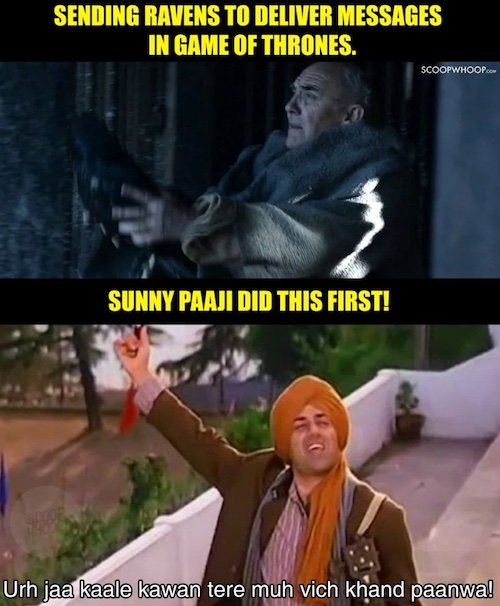
India-Pakistan
The India vs Pakistan theme has always been a saleable narrative, be it is a game of cricket, or a commercial Hindi film. Even the strictly-average Maa Tujhhe Salaam (2002), which came a year after Gadar: Ek Prem Katha, managed to open very well, as it cashed in on this sentiment, through its now-famous line, Doodh maangoge toh kheer denge, Kashmir maangoge toh cheer denge. In 2019, Uri: The Surgical Strike went on to become the third-highest grossing film of the year.
The patriotism of films like Gadar is different from that of films like Border. Pakistan is established as the clear villain, and it's one man vs. a nation, a narrative that's far-fetched, but provides for great escapist entertainment. In 1999, two years before Gadar: Ek Prem Katha, there was a film on a similar story, titled Shaheed-e-Mohabbat Boota Singh, featuring Gurdaas Mann in the lead. It was, however, a realistic and humble telling of the true story of Boota Singh, who tries to get his wife back from Pakistan, and fails in his attempt. The realism came at the cost of escapism.
In Gadar: Ek Prem Katha, Tara Singh brings Pakistan to its knees, and brings Sakina back to India. One man vs. a nation, indeed!
As it is, we live in polarised times. India-Pakistan is the favorite topic at all our news channels. Jingoism sells, because it's noisy, adrenaline-packed, and appeals to the lowest common denominator. Gadar 2 could well be the movie personification of Arnab Goswami.
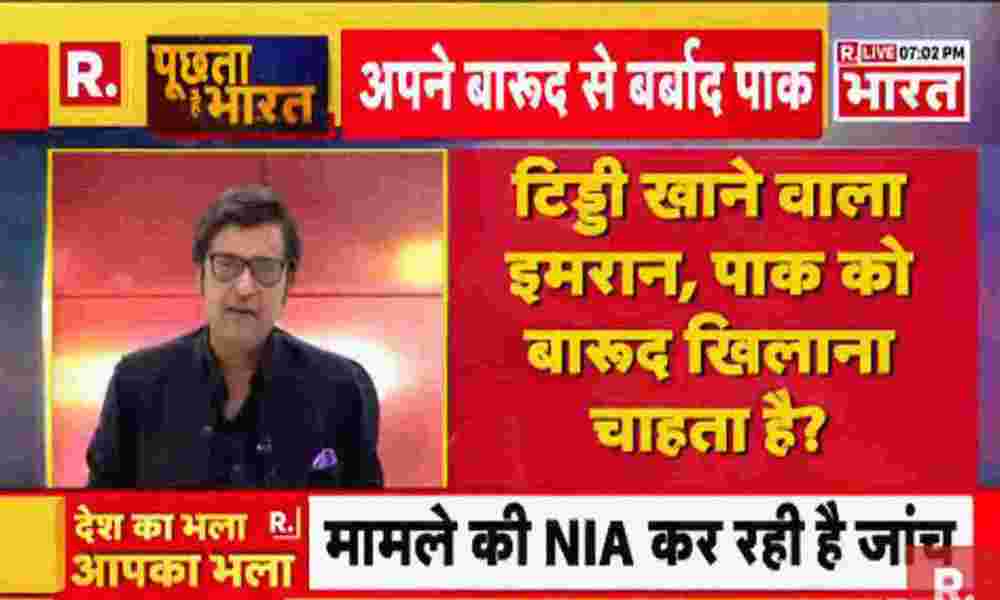
It's about Tara Singh, not Sunny Deol
Well-defined characters supersede the actors playing them. The character transcends time, and finds love across generation, even when the star begins to fade away.
In the 1990s and early 2000s, Sylvester Stallone struggled at the box office, with a string of failures, or strictly mediocre hits. The audiences who had grown watching his films had started watching action films of the next generation of actors. Stallone had become a yesteryears' superstar. However, in 2006, he went back to one of his old franchises, Rocky, and released Rocky Balboa. The film was a success. This was an actor telling the world that he still had one last fight left in him, and it worked. Then, in 2008, he revived Rambo, and it turned out to be a success as well. This gave him the possibility of reinventing his stardom.
It wasn’t Sylvester Stallone, but Rocky Balboa and Rambo, who the audiences wanted to see. The star had faded, but the characters lived on. They lived on via home video, streaming platforms, television, et al. They lived on because their legends were passed from one generation to the next. An aged Rocky Balboa has a fight left in him, even when he is way past his prime. He can humble the Russian crowd through his boxing prowess. He can achieve this because he is not Sylvester Stallone in that moment. He is Rocky.
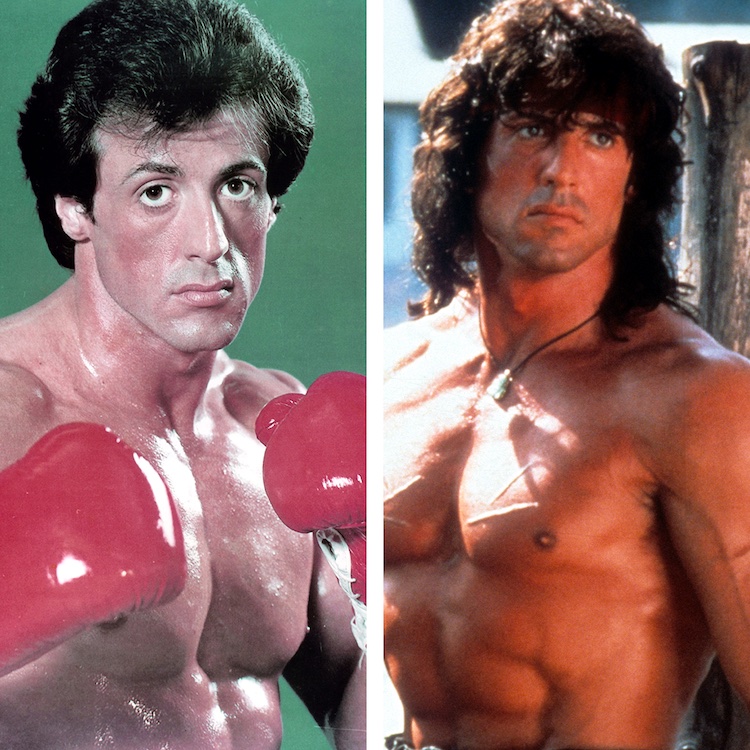
Right at the start of Gadar: Ek Prem Katha, circumstances force a pure-hearted Tara Singh to turn violent. But when it comes to making a real choice, he chooses to save Sakina. And when she is taken away from him, he decides to fight for his love, with the same ferocity that he displayed when his family was killed.
In Gadar 2, Tara must fight to save his son. It's the same character, and almost the same situation. The legend of Tara Singh lives on, even though the legend of Sunny Deol has faded away.
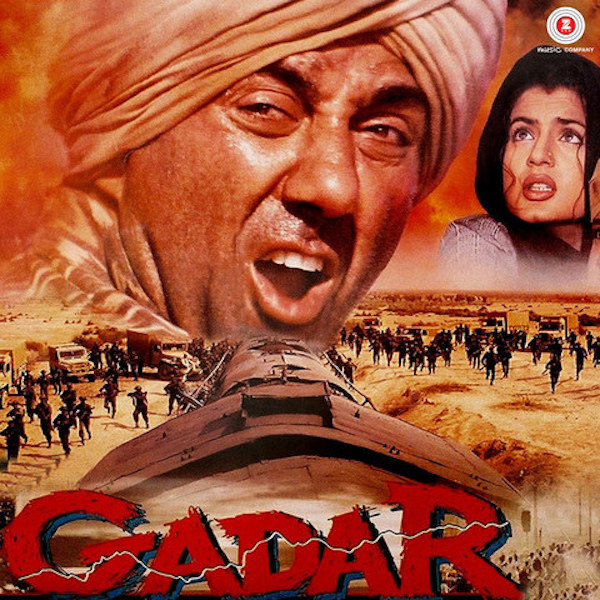
At the end of this piece, I am compelled to share my experience of watching Gadar: Ek Prem Katha in the Shaan theatre in Mumbai, at the time of its release. I have watched hundreds of films in movie theatres, but nothing quite matched the energy of that screening. In the scene where Tara Singh shouts 'Hindustan Zindabad', the entire theatre roared 'Hindustan Zindabad'. It was a chant. It was deafening, it was electric.
And the audiences who have experienced this energy will definitely come back to a theatre, possibly after several years, to witness Tara Singh go to Pakistan, and go against Pakistan. One more time.

Introducing Ormax Media Affluence (OMA)
OMA is a new audience classification system designed specifically to measure affluence level of audiences in context of the media & entertainment sector in India

Ormax Cinematix's FBO: Accuracy update (December 2025)
This edition of our monthly blog summarises Ormax Cinematix's box office forecasts (FBO) for all major December 2025 releases vis-à-vis their actual box-office openings
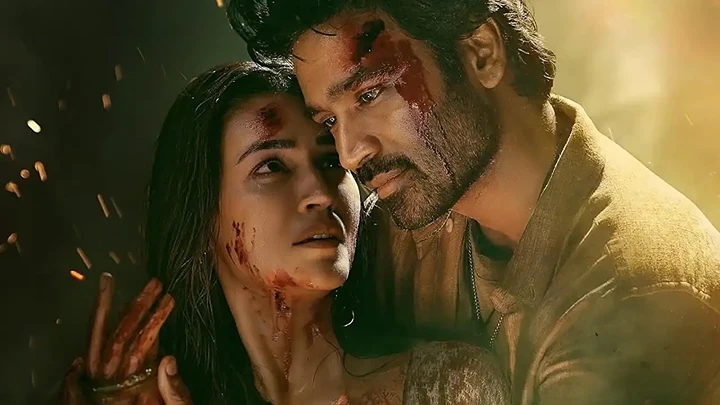
The India Box Office Report: November 2025
November 2025 was an underwhelming month at the India Box Office, recording only ₹587 Cr in gross collections. However, the year stays on course to become the highest-grossing year of all time
Subscribe to stay updated with our latest insights
We use cookies to improve your experience on this site. To find out more, read our Privacy Policy